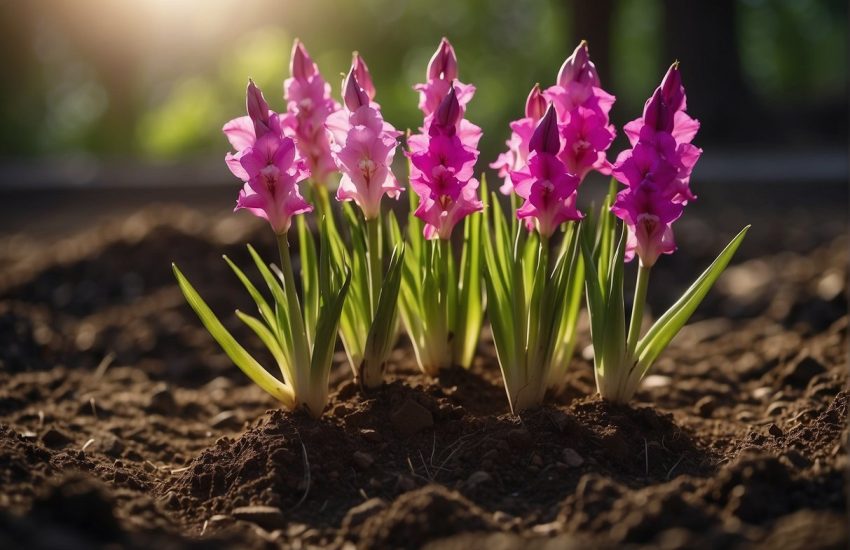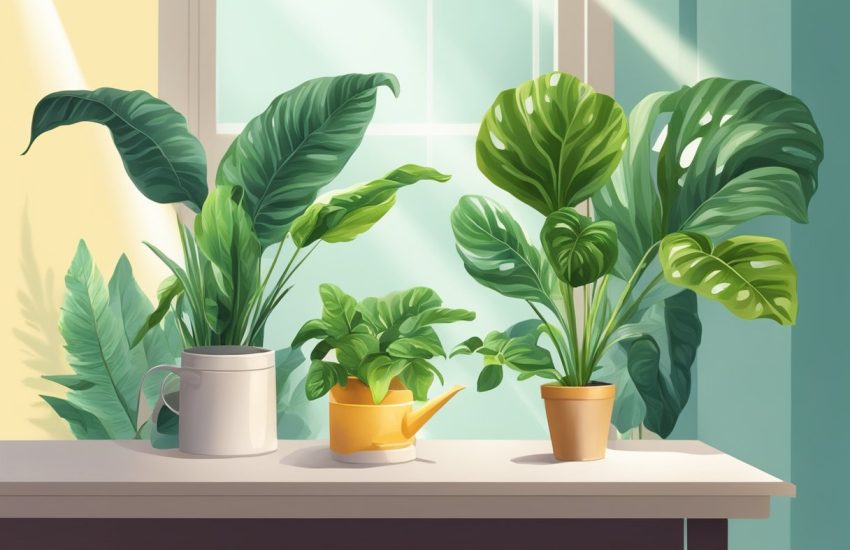What Plants Not to Use Neem Oil On [Well Explained in 2026]
Last updated: February 14, 2026
If you’re a gardener or farmer, you may have heard about neem oil and its many benefits. This powerful natural pesticide is made from the extracts of the neem tree, and it’s been used for centuries in India to treat a variety of conditions. Neem oil is non-toxic, biodegradable, and even edible, making it a popular choice for organic growers. But what you may not know is that certain plants should not be treated with neem oil. Read on to learn more about which plants to avoid using this potent herbicide on.
![What Plants Not to Use Neem Oil On [Well Explained in 2026] - PlantNative.org What Plants Not To Use Neem Oil On](https://plantnative.org/wp-content/uploads/2023/04/what-plants-not-to-use-neem-oil-on-1024x580.jpg)
Can Neem Oil Be Good for All Plants?
The short answer is no. While neem oil can be beneficial for some plants, it can be harmful to others. In general, neem oil should not be used on plants that are in the cabbage family, such as broccoli, Brussels sprouts, and kale. This is because neem oil can cause these plants to produce fewer flowers and fruits. And many plants can be damaged due to neem oil. But you can use neem oil on tomato plants and like more.
What Plants Not to Use Neem Oil On?
The vast majority of soft-bodied bugs and the nymphs associated with various types of hard-bodied insects are among the more than two hundred different species of insects that can be injured or killed by neem oil. A large body of research indicates that neem oil poses no threat to ladybugs or any other helpful insect, even predatory insects. Determining which plants to spray with neem oil, the degree of efficiency of the neem oil spray, and the time of day to apply the spray to your plant are just a few of the difficulties associated with using neem oil.
Neem oil-sensitive plants:
There are many types of plants that are very sensitive toward neem oil. * Dill * Kale * Lettuce * Basil * Caraway * Marjoram * Arugula * Rue * Sage * Spinach * Chives * Cilantro * Oregano * Parsley * Pea * Thyme
Can Neem Oil Burn Plants?
Neem oil can cause leaf burn on certain plants, especially if the leaves are young or tender and you are using it in the daylight. To avoid this, always test neem oil on a small area of the plant before applying it to the entire plant. If you see any signs of leaf burn (discoloration, wilting, etc.), diluted the neem oil spray further or apply it in the evening when the sun is not as strong.
Can Neem Oil Kill Plants?
No, neem oil will not kill plants. It is often used as a plant growth regulator and has even been shown to improve the quality of some fruits and vegetables. However, neem oil can cause leaf burn on certain plants (see above), so always be aware to use them in the sunlight and read the instructions carefully. Last year, I had to deal with aphids on my pepper seedlings, but otherwise, I don’t need to use neem oil because it’s normally chilly when my seedlings are taking off and, as a result, many pests are still overwintering, and hence, rather inactive. Instead of treating them with neem oil, which takes 47 days to kill most bugs, I carefully squished them with my fingers and then lightly misted the seedlings with an insecticidal soap spray to kill any aphids I might have missed.
How can Make the Best Solution of Neem Oil Spray for Plants?
The best way to use neem oil for plants is to make a solution of 1 part neem oil to 100 parts water. For example, if you are using a 16-ounce (1 pint) spray bottle, you would add 2 teaspoons of neem oil and fill the rest of the bottle with water. If you are using a larger container, such as a gallon jug, you would add 1 ounce of neem oil for every 100 ounces of water. Once you have mixed the solution, be sure to shake it well before each use.
Is Neem Oil Better Than Other Insecticides?
Yes, neem oil is better than other insecticides. Not only is it more effective at killing a wide variety of insects, but it is also much safer for humans, animals, and the environment. Other insecticides can be toxic if inhaled or ingested, and they can also harm beneficial insects, such as bees and ladybugs. Neem oil, on the other hand, is non-toxic and helps to improve the quality of fruits and vegetables. So, if you are looking for an effective and safe insecticide, neem oil is the way to go!
Conclusion
Neem oil is a great way to protect your plants from pests, but you need to be careful about which plants you use it on. Some plants, such as dill, kale, lettuce, basil, caraway, marjoram, arugula, rue, sage, spinach, chives, cilantro, oregano, parsley, pea, and thyme, are very sensitive to neem oil and can be injured or killed by it. Other plants, such as pepper seedlings, can also be harmed by neem oil if it is applied in the daylight. Neem oil can also burn your plants. So, be careful and read the instructions before use.
FAQs
Question
Why is neem oil killing my plants?
Answer
Overuse of neem oil can be harmful because it forms a thin film on the plant’s leaves, blocking the pores that allow photosynthesis, transpiration, and oxygen release to occur. Burns to the foliage can occur if neem oil is applied when the sun is too high in the sky.
Question
What are the side effects of neem oil?
Answer
Side effects from neem oil are rare but can include stomach upset and dizziness. In severe cases, seizures have been reported. If you experience any side effects, stop using neem oil and seek medical attention immediately.
Question
Do you spray neem oil on soil or leaves?
Answer
As a preventative strategy or therapy for pests, spraying a plant with neem oil should cover both the upper and below surfaces of the leaves. You should also apply a thin layer to the soil and stems in case any pests have made their way there.
Question
What houseplants are sensitive to neem oil?
Answer
Some houseplants that may be sensitive to neem oil include ferns, African violets, and certain species of orchids. It is always a good idea to test a small, inconspicuous area of the plant before applying neem oil to the entire plant, and to follow the label instructions carefully to avoid any potential problems.
Question
Can I put neem oil directly on soil?
Answer
Neem oil can be applied directly to soil, but it is generally more effective when applied to the leaves and stems of plants. When applied to soil, neem oil can help to control certain soil-borne pests, such as nematodes, and can also act as a natural fertilizing agent.
Question
What happens if you don’t dilute neem oil?
Answer
Neem oil should be diluted with water before being applied to plants. If neem oil is not diluted, it can cause leaf burn and may damage the plant. In addition, undiluted neem oil can be harmful to humans and animals if ingested or if it comes into contact with the skin. To dilute neem oil, mix the oil with water according to the label instructions, using a ratio of about 1 part neem oil to 3-5 parts water.


